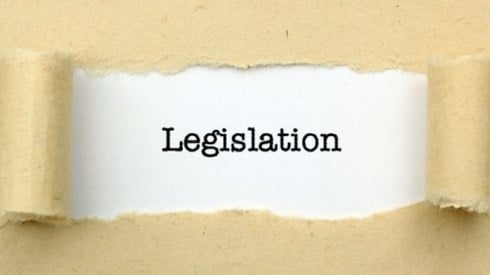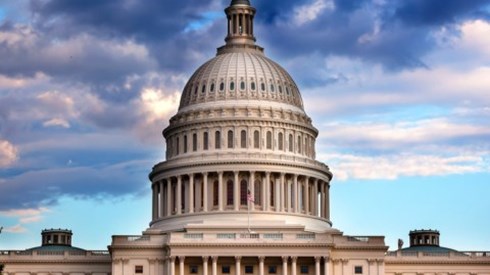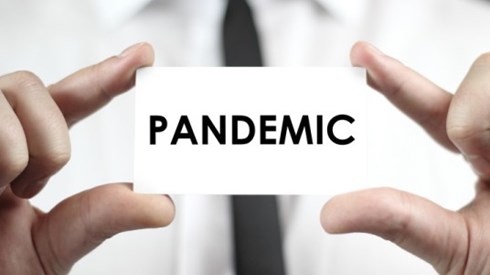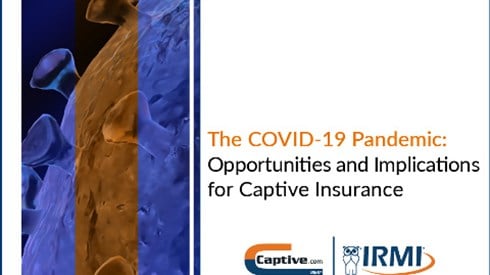A Case for Captive Insurance
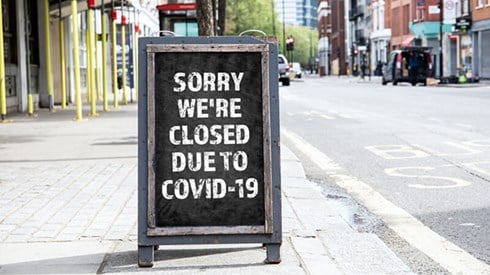
John M. Foehl | November 30, 2020

Longtime readers will recognize that I am a big proponent of good governance, especially within the captive insurance industry. Therefore, I was somewhat taken aback by reading a number of online posts by the Centers for Better Insurance (CBI) LLC, including "The Case for Transparency of Captive Insurance Arrangements" (November 17, 2020, Issue #36).
The author, attorney Jason Schupp, CBI's founder and managing member, argues that the owners of large single-parent captives are being disingenuous in supporting the proposal for the Pandemic Risk Insurance Act (PRIA) of 2020, HR 7011. He states that the Act will do nothing to alleviate the problems small businesses have faced as a result of the pandemic.
At the same time, as Mr. Schupp stated in "Pandemic Risk Insurance Act (PRIA)—Summary and Key Risks," an article published July 26, 2020, on his website, "PRIA would throw the program wide open for captive insurance companies to write expansive coverages at low cost for their corporate owners. Multinationals with the financial backing and sophistication to set up personal insurance companies could write their own government-funded bailouts for the next pandemic crisis without fear of inconvenient restrictions on executive compensation, share buybacks, or mass layoffs."
We would certainly agree that the pandemic has had a disproportionate effect on small businesses. To say that COVID-19 has exposed a massive protection gap for businesses, especially small businesses, in the area of business interruption coverage is an understatement. The problem stems from the language used in most standard business interruption coverage documents.
This is the language of the standard Insurance Services Office, Inc. (ISO), form:
We will pay for the actual loss of Business Income you sustain due to the necessary "suspension" of your "operations" during the "period of restoration". The "suspension" must be caused by direct physical loss of or damage to property at premises which are described in the Declarations and for which a Business Income Limit of Insurance is shown in the Declarations. [Emphasis added.]
Source: Insurance Services Office, Inc., Business Income (Without Extra Expense) Coverage Form (CP 00 32 10 12), © 2011
Shortly after the outbreak of the severe acute respiratory syndrome (SARS) virus in July 2016, ISO added an exclusion to its form for losses due to virus or bacteria. This exclusion specifically applies to "business income" (i.e., the coverage sought under business interruption claims).
As the COVID-19 shutdowns and stay-at-home orders began in mid-March 2020, businesses began submitting insurance claims for lost revenue, typically under "business income" provisions of their property insurance policies. It readily became apparent that if commercial insurers paid all such claims, as some legislators proposed, it would bankrupt the industry. As reported November 20, 2020, by the Insurance Information Institute in "House Panel Discusses Approaches To Manage Future Pandemic Risk," a Triple-I Blog post written by Jeff Dunsavage, the Subcommittee on Housing, Community Development, and Insurance met November 19, 2020, to discuss insuring against a pandemic. The chairman of the committee, Rep. William Lacy Clay (D-MO), opened the proceedings with these remarks, as quoted in the Triple-I Blog post: "It is not realistic or practical to expect the insurance industry to shoulder the astronomical cost of a global pandemic. The American Property and Casualty Insurance Association (APCIA) has estimated that paying all [COVID-19-related] claims, regardless of exclusions, would amount to $1 trillion per month."
This brings us to PRIA, the bill that Mr. Schupp criticizes single-parent captives for supporting. What was left unsaid in his discussion, however, are several salient points.
First, HR 7011 is not the only response under consideration. The National Association of Mutual Insurance Companies (NAMIC)—along with the APCIA and the Independent Insurance Agents and Brokers of America—has argued for the creation of a Business Continuity Protection Program (available for viewing on the NAMIC website). And Chubb, an insurer for the middle market, offered a bifurcated program that specifically addresses some of the small business concerns raised in the Center for Better Insurance blog post. So PRIA, or HR 7011, is not the final solution to insuring pandemic risk.
In addition, if the bill were to become law, it is not just single-parent captive insurance companies that would be able to seek coverage. Every commercial insurer in the United States would be able to as well. Now, Mr. Schupp may argue that commercial insurers, being state regulated, would be subject to restrictions on executive compensation, share buybacks—if the insurer were a publicly traded company, or "mass" layoffs of staff. However, there is no guarantee that the states would act collectively on this issue, or if they decided to, how long it would take for the National Association of Insurance Commissioners to react. Therefore, to single out captives is unfair, in this writer's opinion.
And, while Mr. Schupp feels single-parent captives should not be allowed to "write expansive coverages at low cost for their corporate owners," that is exactly why captive insurance was created in the first place. Single-parent captives can be traced back to the Steel Insurance Company of America. The advantages of a single-parent captive, as described by Artex on its website in "Single-Parent Captive" and quoted here, as a means of insuring the risks of the parent company, include the following.
- Provides flexibility to handle changing risk financing needs
- Facilitates business planning and cost allocation
- Offers greater ability to measure risk management program
- Provides direct access to reinsurance markets
- Receives potential tax savings
- Provides ability to set reserves for loss exposures
- Offers ability to control investment income
And, while there may be any number of stakeholders an organization may choose to support, the fact remains that if a corporation is not looking out for its shareholders, it is unlikely to continue either as a stand-alone entity or a going concern. One of the ways of doing this is through the reduction of the cost of risk. Single-parent captives play a vital role in this process.
John M. Foehl | November 30, 2020
